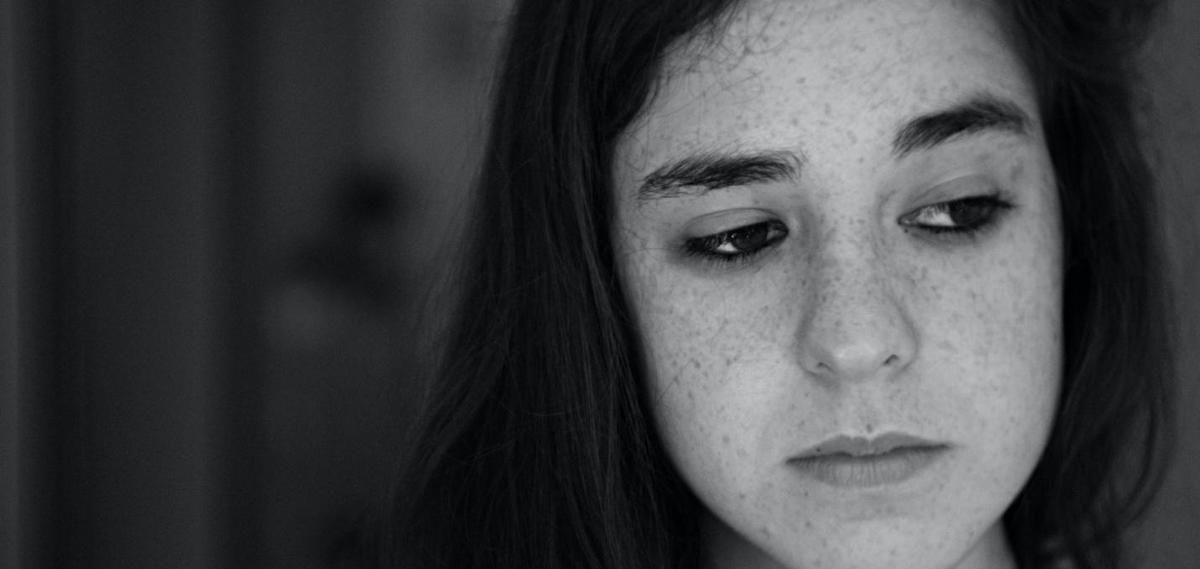Is your fear of gaining weight taking over your life?
Many of my clients are terrified at the thought of gaining even one pound in recovery. Our society's stigma against fat people as well as our unhealthy obsession with being thin and beautiful creates these feelings of terror.
One of the most difficult parts of recovery from an eating disorder can be the fear of gaining weight as well as actually gaining weight. When a new client comes to see me for eating disorder treatment, I am very clear from the outset that our goal is not to reach a certain size or weight that will make the person "happy".
Rather, I want to help the client reach a state of overall physical and emotional health and maintain their natural weight. Natural weight is achieved by consistent intuitive eating and a total cessation of dieting.
Fear of weight gain is especially dangerous in those who suffer from anorexia nervosa, because the thinner they become, the "fatter" they feel. In this case it is essential to view food as medicine and to follow a weight restoration meal plan. People with anorexia actually lose much of their fear of weight gain the more they are weight restored.
Others who have enormous difficulty with the thought of weight gain are chronic yo-yo dieters. Lifelong dieting (and falling off the diet, resulting in weight gain), leads to a situation where the person not only does not know their natural weight, but they often idealize their thinnest weight when they were dieting. Helping my clients let go of their unhealthy dreams about once again achieving their "dieting" weight is not an easy task, but it is so very important in reaching full recovery and being free of food obsession and poor body image.
Some of the tips I use to help people let go of the fear of weight gain are:
- Be aware of how much time you use while awake obsessing over food and weight - wouldn't it be nice to free up all of that room in your brain by letting go of those thoughts?
- Get angry at our culture's obsession with thinness and how it seems to want us (especially women) to disappear.
- Try to avoid videos, instagram photos, and even old pictures of your “thinner self” that trigger you.
- Set limits with food and weight talk from friends and loved ones. Remember, they live in our diet and weight obsessed society too, and also suffer from food and body insecurity. Tell them you know they don’t mean to upset you with comments about how they have to “work off” that cupcake, or diet down into that maid of honor dress, but those comments don’t help in your recovery.
- If your clothes do not fit any longer, get new ones that do. Try not to hold on to your old eating disordered clothes, your “dieting” clothes. They only encourage you to idealize an unmaintainable weight. When you consistently eat intuitively, you will only need one set of clothes unless you become pregnant, and you won’t have to continuously struggle to maintain or lose weight to reach you natural size.
- Be prepared for people, even complete strangers, to comment on your weight gain, or loss, as you start to reach your natural weight. If people compliment your weight loss and ask “how did you do it”, consider being honest with them about being in recovery from an eating disorder and that you are practicing intuitive eating rather than dieting.
If people comment you have gained weight and “look so healthy”, etc., try not to equate that comment to “you look fat”. Practice in the mirror telling people you would appreciate if they would not comment on your looks or weight, even if they mean well.

- Try to avoid body checking (obsessively Iooking at yourself in the mirror to see if you’ve gained weight, feeling your thighs or other body parts over and over, etc). Train yourself to recognize when you are body checking and have a way to redirect yourself. For example, carry a Sudoku puzzle book and do a puzzle instead of checking, or try an adult coloring book or a meditation app).
- Thank your body for all of miraculous things it allows you to do on earth, especially when you feed it well and let it move with joy. Thank your brain for helping you solve problems, empathize with others, and enable you live your life fully because you feed it!
- Don't step on a scale, EVER, unless your doctor needs to take your weight, and even then you can turn around and not look.
- Allow yourself to grieve your dieting self and dieting body. We live in a culture that encourages us to be thin at all costs, even those of our happiness and overall health. Letting go of your dieting body means you will never reach that societal ideal and all of the praise and attention that can go with it. Let yourself cry, scream, get depressed and release your sadness over no longer living in that world.
- Take a look around you and see that human beings come in all shapes and sizes - our genetics determine our natural size for the most part. There isn't much value or use in fighting it.
And what about the fear itself? When you think about weight gain 24/7, it causes extreme anxiety and can greatly interfere with your quality of life. We tend to think that most people who are afraid to gain weight are struggling with anorexia; however, the truth is much worse - most people are walking around every day terrified they look fat.
A Dutch study recently found that :”A fear of gaining weight or becoming fat peaked among women between 16 and 25 years of age, and these concerns continued throughout their lives. A particularly troubling finding was that many women in the 16- to 25-year age group were very or extremely afraid of weight gain despite the fact that only 12% to 14% were actually overweight.”

Of course, you don’t need to read a Dutch study to know that many of your family, friends and acquaintances think and talk about weight and fear of getting fat all too often.
Being terrified of gaining weight is not a fun way to go through life. If you need help to let go and learn to love the body you were born with, we can give additional tips and provide lots of support and courage!
If you are having fears regarding gaining weight, contact our team of therapists for more information by calling 904-737-3232!










